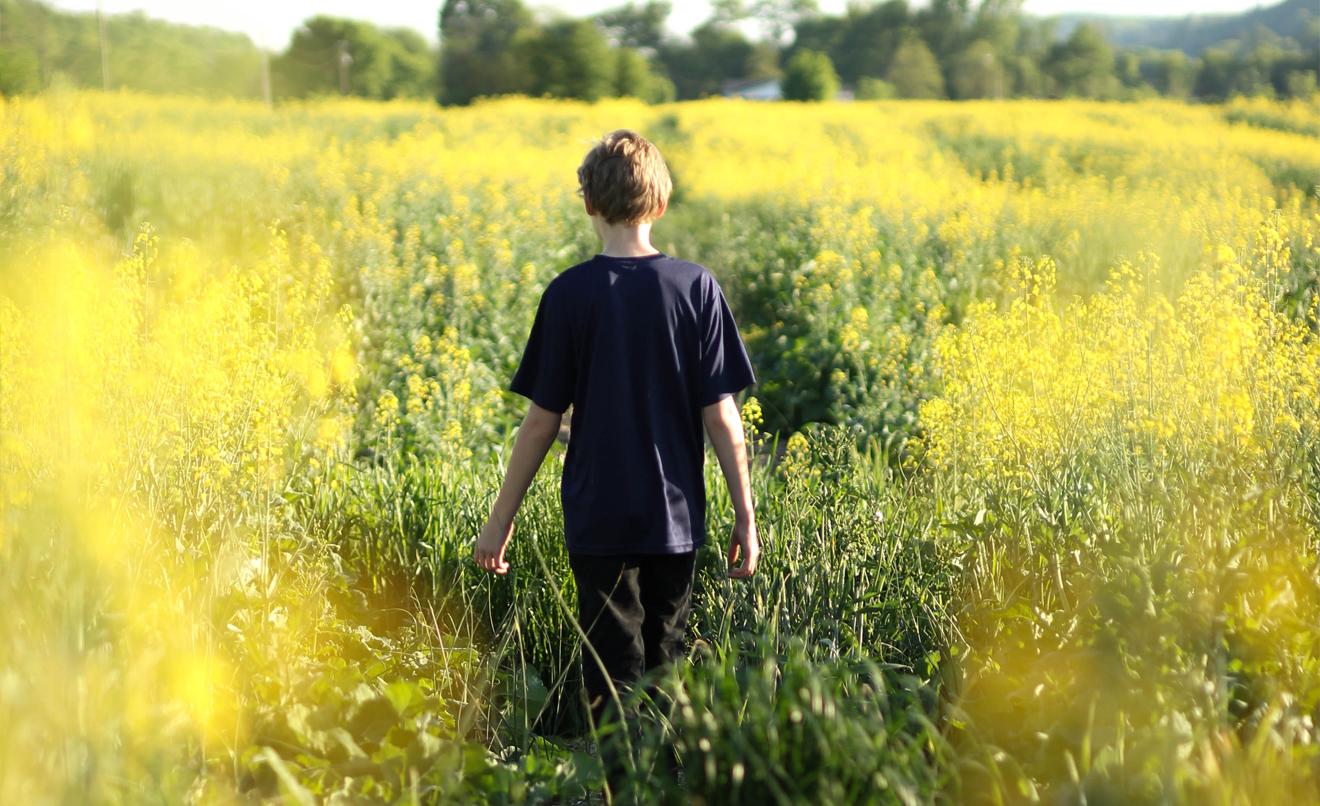
Allergy is an exaggerated response of our immune system to an aggressor agent
(allergen), which is perceived as harmful, although it is not actually dangerous,
and which causes several symptoms, from mild discomfort to more severe
disorders. Now that spring is here, pollen is the most common allergen.
Pollen allergy
Pollen is a substance produced by the male reproductive system of flowers. Its
function is to transport sperm reproductive cells to the female reproductive
system in order to produce fertilization and generate the fruit.
Grasses (common grasses), olives
and ashes —which blossom between April and June— have the pollens that usually
produce most allergies. Allergies occurring in February and March are caused
by pollens from trees such as pine tree, birch, ash and plane tree.
As a consequence of the fight between the allergen (pollen) and the
defensive weapons of the immune system (antibodies), a series of chemical
substances (histamine, serotonin) are released and cause the typical
allergy symptoms. Although they may vary a little from one person to
another, the most common symptoms are: itchy and irritated nose with
congestion, watery discharge and sneezing, itchy eyes with tearing, itchy and
irritated palate, and sometimes coughing and difficult breathing with wheezing
and whistling.
If your allergy is caused by pollen, you should avoid direct contact with
it, as much as possible. In order to do so, we have the following tips
for you:
Plants that may help you
Black currant and fumitory are two
examples among several medicinal plants that contribute to alleviating allergy
symptoms due to their anti-inflammatory action. There are some plants can also
be used to soothe coughs, relieve itching, while other plants relieve breathing
difficulty by relaxing the muscles of the bronchi, such as elecampane, plantain,
hyssop and helichrysum. The rose bush and eyebright can
relieve nasal and eye discomfort.